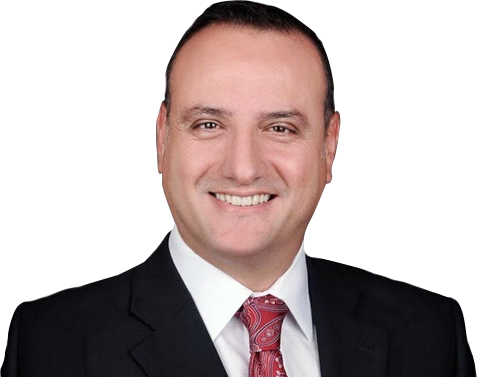
Obesity Surgery has gained worldwide popularity especially with the advances in laparoscopy in the last 30 years. Many different bariatric techniques had been defined and many patients had almost perfect results with this new treatment. The most preferred and popular ones can be named as adjustable gastric banding (AGB), sleeve gastrectomy (SG) and r-y gastric bypass (RYGB). All these three surgeries are mainly restrictive and are obviously superior to life style changes, diets and exercise. However these operations may be deformed by the time and regain of excess weight is a frequent problem. In the last two decades, also the need to fix the weight-loss failure and weight regain problems increased. Revision Surgery is the name given to second or third degree metabolic operations that fixes the deformations or complications of primary bariatric operations.
Who are candidates for Revision Surgery?
A bariatric surgery patient may need a Revision Surgery for two main reasons:
Failure to loose weight or Weight Regain
Surgical complications of primary bariatric operation
When to consider a Revision Surgery?
Obesity is not only an excess weight problem, rather it is completely related with all aspects of your life. So it can be defined as a sociocultural and psychosomatic disease that has many interactions and can be influenced easily from our daily life. This complex problem can have many different factors that leads it to a failure.
At the first stake, we should consider the non-anatomical factors such as life style changes, uneventful bad eating habbits coming back home, stress in our bussiness or personal life etc. To state it on clear basis, we all have a life and non of us came down from the sky. So life goes on and it is some times hard to stick to the bariatric commitments on life style.
If we see something going wrong with these issues than we want our patients to join the group therapies, set a new diet program and start to do regular exercise. Many of our patients get benefit from these planned actions because simply people may loose control sometimes. The only thing we give them actually is a controlled life barrieer that helps them to stay on the track in a secure path.
For anatomical deformations of bariatric surgeries, there are many different options from very simple to highly complex revisions or complete conversions to other bariatric surgeries.
The main issue that we face is the addiction of sweets or sugar in these surgeries. This maybe considered not as a failure of surgery but a failure to the selection of the correct patient and apropriate surgical option. We convert the RYGB to Duodenal Switch or Ileal Interposition if sweet eating is an issue.
Either Revision or Conversion, should be done timely, precisely and should be planned uniquely for every single patient’s spesific conditions.
 English
English Turkish
Turkish

